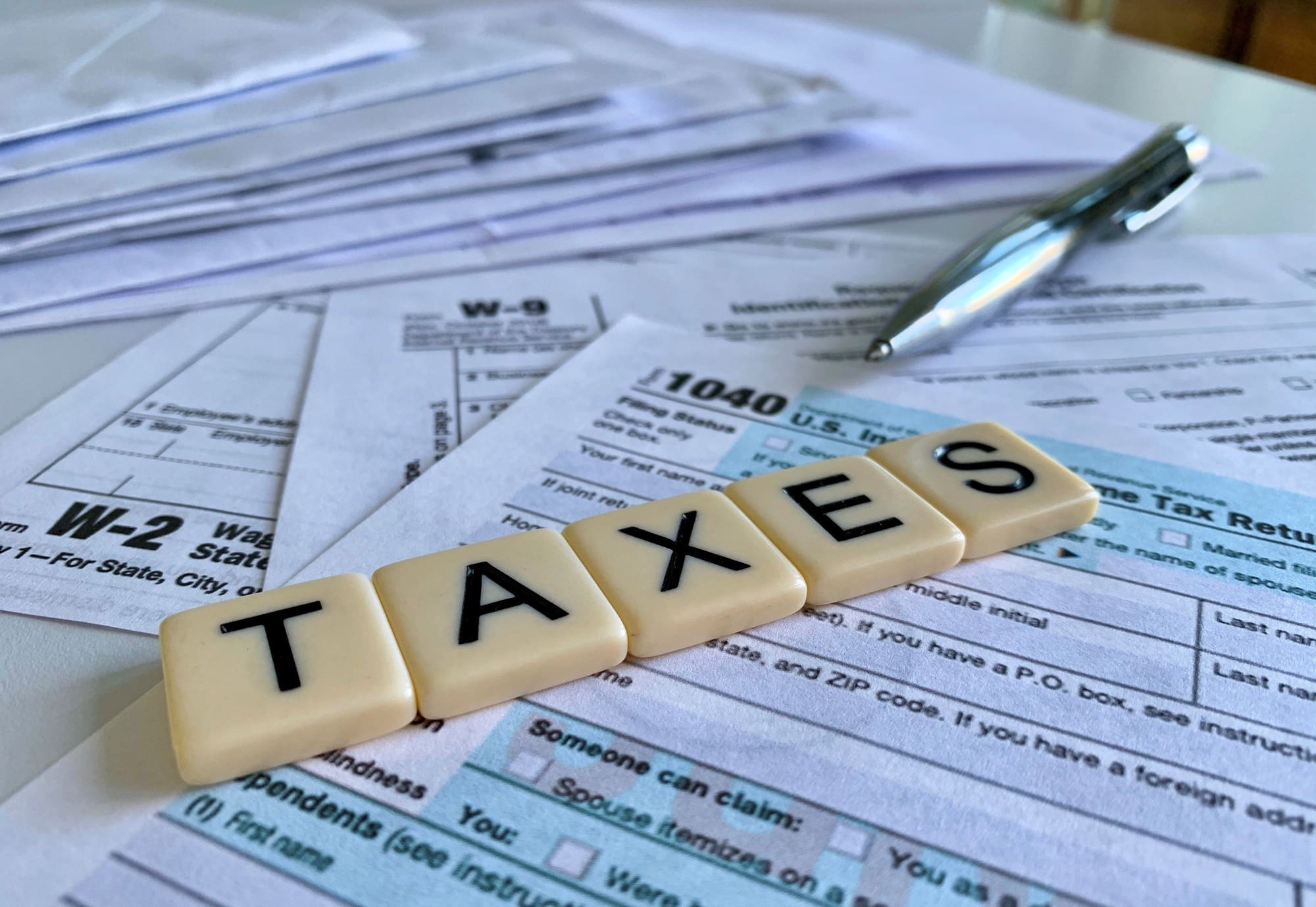HM Revenue and Customs is increasingly targeting estates it believes have undervalued residential property to avoid Inheritance Tax bills, according to an accountancy firm.
HMRC investigated 5,400 estates for underpayment of inheritance tax (IHT) last year. This is up 5% from 5,100 in the 2016/17 tax year. One in four (24%) of the total estates liable for IHT were investigated by HMRC in the latest available year.
Accountancy firm UHY Hacker Young says the area most likely to be queried by HMRC is the valuation of residential property that is passed onto heirs. In some cases, HMRC might argue that additional value should be attributed to properties that have potential for refurbishment, or development of any attached land.
If an investigation finds that IHT has been underpaid, the estate may have to pay all of the tax owed plus a penalty, which could be up to 100% of the tax at stake in the estate.
HMRC is perfectly aware that there is a temptation to under-value residential property to save on IHT as it is typically the largest figure on the return. “The rise in investigations means more beneficiaries and estates, who may not necessarily be cash-rich, could be hit with hefty fines.
HMRC is increasingly challenging the value of estates as investigating IHT returns is becoming more lucrative for raking in extra tax. If HMRC deem that there has been a lack of care in carrying out valuations, the estate could end up having to pay up to 100% in penalties. With that much at stake, taking professional advice is absolutely critical.
You must pay Inheritance Tax by the end of the sixth month after the person dies.


